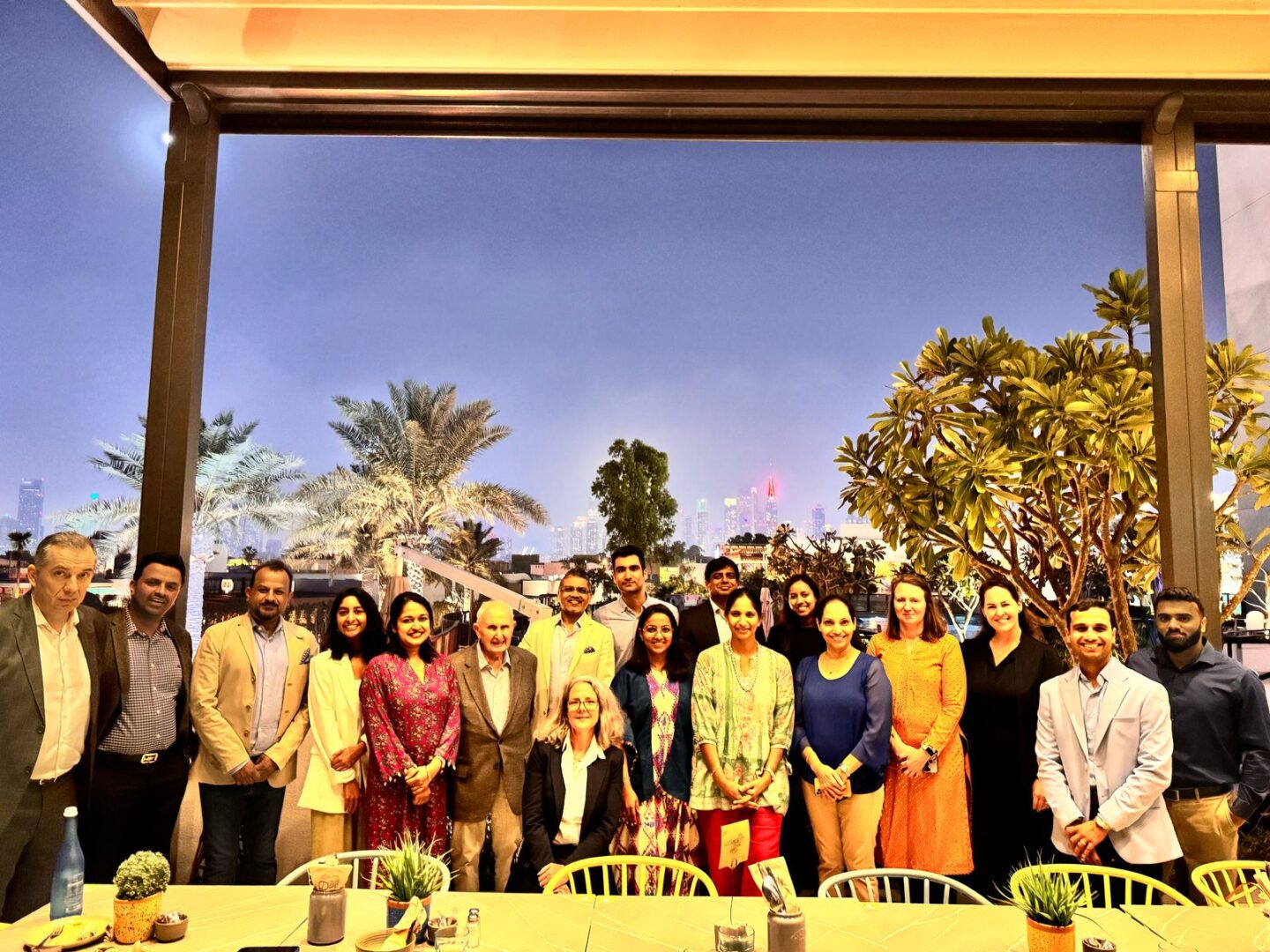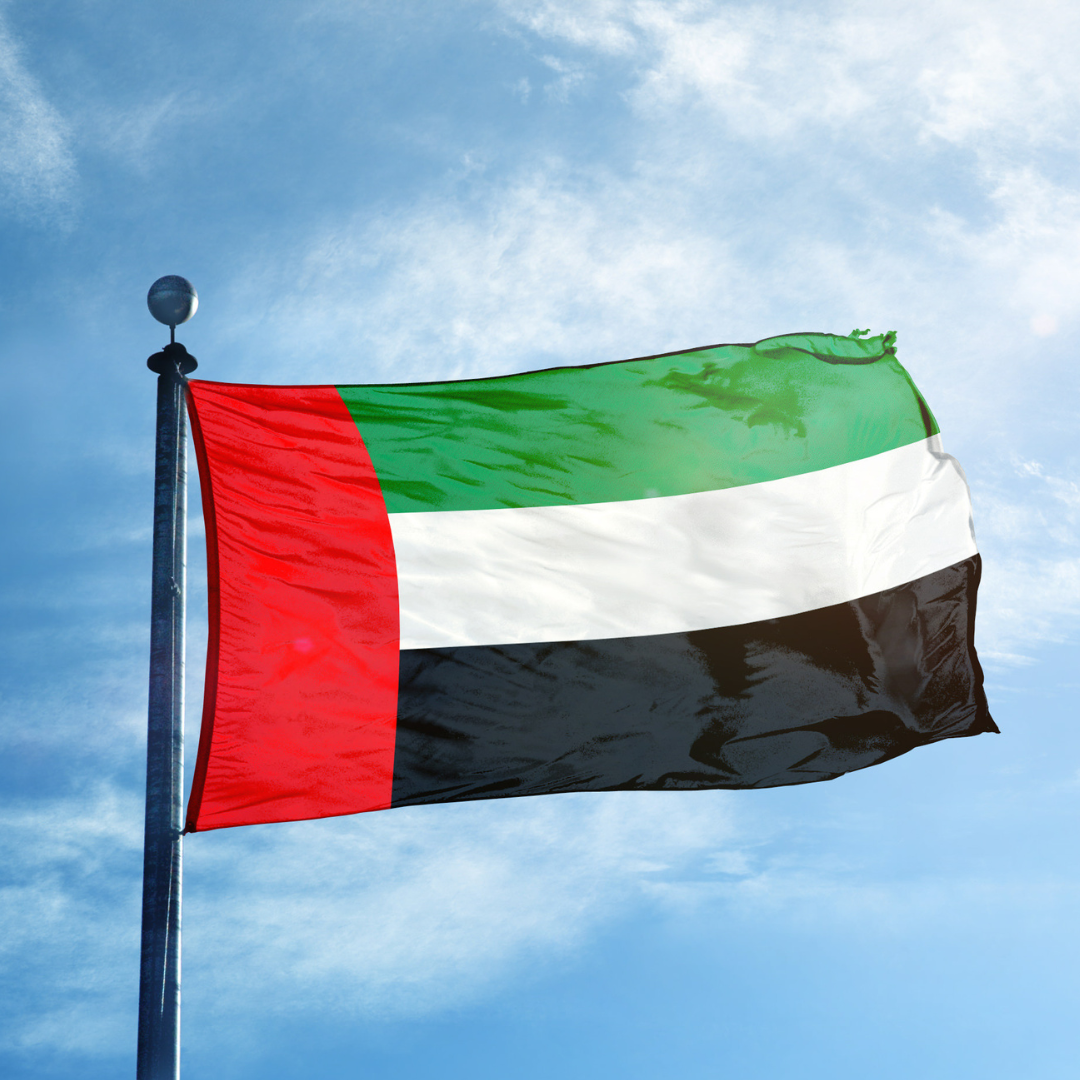Moving Towards Sustainable Hospitality, Together!
The fundamental idea is to create a vision and plan encompassing the three pillars of sustainability – Economic/ Social/ Governance and extend the values throughout the entire value chain
The hospitality and tourism sector accounts for 8% of the world’s carbon emissions, including the hotel sector contributing to 1% (source UNWTO). With over 700,000 hotels and resorts worldwide, worth over $570 billion, the industry is thriving and continues to expand its footprint. At the current growth rate, it is expected to reach 2 trillion USD by 2030; thus, it is imperative for all stakeholders to act towards minimising the impact of this growth.
Tourism relies on natural or cultural resources that captivate tourists to visit a location. From the pristine beaches of Maldives to the naturally rich countries like Kenya dependent on nature-based tourism to culturally abundant countries like Italy, which rely on art, history, and food for tourism – every destination is unique but now is largely threatened by human activity and economic development.
“Sustainability in hospitality” is not a new term; however, the interpretation and engagement in terms of business models, type and size of the accommodation, as well as development plans, is what differentiates the meaning of sustainability. Some early adopters have embraced it in their DNA, making it central to their growth strategy, while some have jumped on to the bandwagon recognising its importance to the planet, people and their profits. In both cases, it is crucial to have a unified actionable vision for the industry to propel it towards reducing its carbon footprint, protecting ecosystems and enabling shared growth for local communities and businesses.
Enough evidence is around to suggest that sustainability cannot just be a vertical of hospitality establishments anymore, and actionable steps need to be taken in the direction with a unified stakeholder dialogue.
Simply switching to LED’s or ditching the plastic straw doesn’t make a hotel sustainable; while these are essential steps in the journey – the fundamental idea is to not only create a vision and plan encompassing the three pillars of sustainability – Economic/ Social/ Governance but extend these throughout the entire value chain.
As an evolving topic of concern, there is no set methodology for sustainability. Still, various hotel chains, tourism groups, NGO’s and governmental organisations are leading from the forefront to develop new technologies and create effective solutions. Not one size fits all, and it’s crucial to understand and adapt to our surroundings in this journey– after all, nature is our biggest resource!
The Xacaret Group, Mexico core value is to create a harmonious relationship between society and nature. They are a 100% local business group with a global vision. 95% of their suppliers are local, and they aim to create a shared economy in the regional areas of Mexico. Their sustainability model captures their core value of balancing people, prosperity and the planet to create an ecosystem of sustainable tourism growth in and around their hotels. Or Wilderness Safari Group in Botswana, which has a unique business model. The 4 pillars of their business are Commerce, Conservation, Community, and Culture. Each is considered an important goal and an interdependent contributor to the organisation’s success. The main emphasis of their approach is towards the whole ecosystem, and if they can’t protect it, they can’t sell it, which gave birth to Community Based Natural Resource Management (CBNRM) programs throughout the region which they assist local communities in managing their land and wildlife sustainably and develop ecotourism as a community-based activity. Wilderness Safari’s monetary engagement is direct with the communities via official trusts, which empower the locals and make them engaged stakeholders with the company.
Large Hotel chains like Hilton, Mariott, Accor have adopted sustainability in their strategies. Accor Group reported continuous GHG reductions since launching its first sustainability programme in 2006. The Group’s latest strategy – “Our Planet 21 – Acting Here”- focuses on two key areas: food and buildings. With the continuous expansion and acquisitions, large hotel groups are getting more conscious of their efforts towards aligning their goals with the UN SDG’s and moving towards carbon neutrality– they recognise sustainability as a driver for business growth as well as to be a good corporate citizen, and we can see positive movement in the last decade from these industry leaders inspiring innovation and fostering key partnerships as well as creating urgency.
Inclusivity is a key factor in our race to reduce emissions. Small and medium enterprises that find it challenging to define strategies need to be engaged to move together in this mammoth mission. Awareness, transparency, alignment, and inclusivity are needed to monitor and report our data, which will help businesses monitor progress over time. As an industry responsible for one of the highest employment rates, long term goals need to be prioritised. Course correction for sustained low carbon operations is necessary to move the needle to protect our natural ecosystems, create meaningful travel experiences, and positively impact the communities and the planet.
Written by: Shivani Borade








